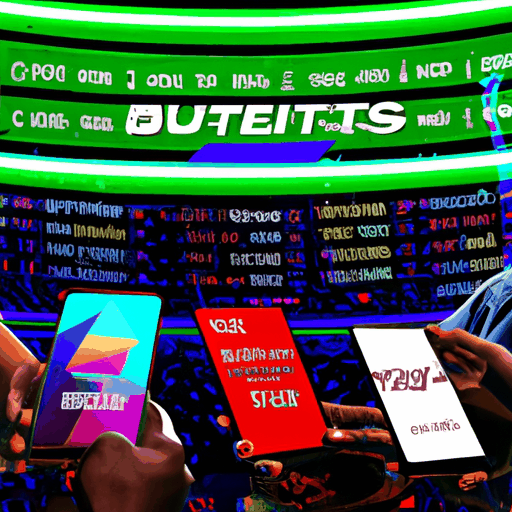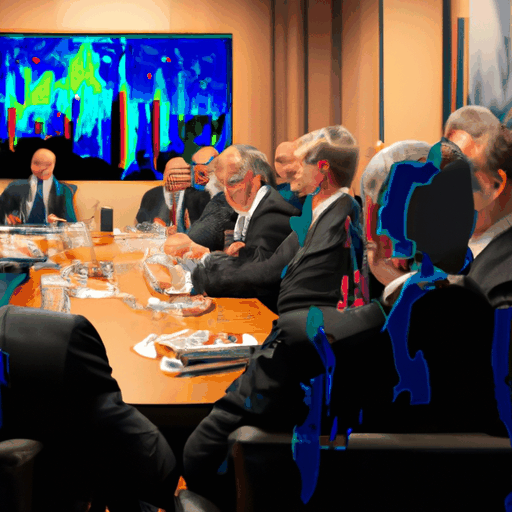
Prediction Markets Expand Impact in US Sports Betting
By: Isha Das
The landscape of sports betting in the United States is experiencing a transformative shift as major prediction markets begin to carve out a significant role. One of the most notable updates comes from the National Hockey League (NHL) reaching licensing agreements with prediction platforms such as Kalshi and Polymarket. With these partnerships, the NHL becomes the first major US professional sports league to authorize the use of its trademarks by these prediction markets, thereby opening a new frontier in the realm of sports betting.
Such collaborations offer prediction markets formal entry into the sports betting ecosystem, a move previously hindered by legal challenges from state regulators and opposition from traditional gambling groups. Unlike traditional sportsbooks, which fall under state regulatory bodies, platforms like Kalshi and Polymarket operate under the guidance of the Commodity Futures Trading Commission (CFTC). This federal oversight allows them to offer event contracts across all states, including those with restrictions on regular sportsbooks. The strategic alliance with the NHL grants these platforms the rights to use official logos and trademarks, a privilege traditionally reserved for sportsbook operators like DraftKings and FanDuel.
Keith Wachtel, NHL's business president, highlights the inevitability and potential of prediction markets in the sports industry, drawing attention to their appeal among tech-savvy fan demographics. He notes, however, that sportsbooks remain essential partners. In response to these developments, prediction platforms have seen a surge in activity and market share, with Kalshi and Polymarket leading a market that exploded to $8.2 billion in transaction volumes last quarter.
In a related development, the sports betting giant DraftKings has acquired the CFTC-regulated platform Railbird, signifying its venture into prediction markets. Polymarket is set to serve as the clearinghouse for DraftKings' new market, an indication of increasing integration and collaboration among major players in this space. Polymarket has also received significant investment to support its re-entry into the US market, demonstrating the growing confidence in the prediction market infrastructure. As these platforms leverage the official collaborations and expanded market scope, they are poised to potentially disrupt the traditional betting scene, where established operators are already adapting by pursuing similar innovations and partnerships.



